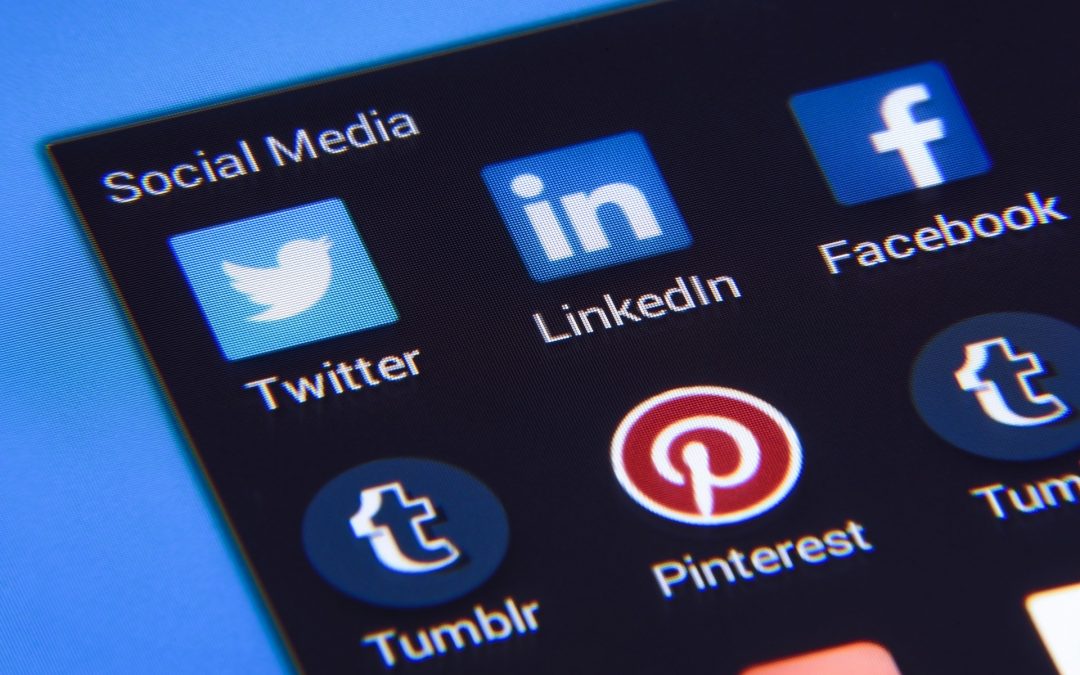A social and digital revolution
You may be wondering what all the fuss is about with digital technology or you may even be wondering what digital technology actually
means. Well, digital technology is going to impact on our lives both socially and industrially possibly more than any other change in history.
We are currently in danger of walking into this social and industrial revolution with our eyes shut simply because we donʼt have the digital
skills to deal with it.
What is Digital Technology?
Digital technology covers a number of things from how we access information to how we interact socially (and lots of things in between).
Digital skills are the skills we need in order to effectively live with operate and make use of the new technology. Digital technology is already impacting on our lives and this is only going to grow over the next couple of years to such an extent that, without the relevant digital skills, many of us will have trouble doing the simplest of things.
A Social Revolution
Socially, digital technology is changing the way we shop and not only online, but in actual physical shopping. Examples of this are already
in supermarkets where you can now do your shopping, scan it as you go along, put it in your bags and then got to a self-checkout where it
digitally weighed and you pay for it. But there are other examples from booking holidays, making doctor and hospital appointments, renewing a driving licence, getting tax credits, viewing PAYE tax accounts and watching television programmes. And the list goes on. You can now even renew your passport online without having to physically post a picture. You can go to a passport approved photo booth, take your picture, pay your money where you will get the photo along with a unique number. When you go online to renew the passport, you put in
your unique number and there is your picture. No need to post or sign the back of it. Many banks and government services are now
using voice recognition when you call them and face recognition on some cashpoint machines. Your own phone and tablets will, more than likely, use touch recognition where your fingerprint is used to access your phone or tablet. And I have no doubt that many of us only
use a third of our phones capabilities simply because we donʼt know how to access the rest of it and the same goes for tablets and smart
televisions, which many of us will have and may not even know their capability. We then have social media (not to be confused with social networking), which is there for us to interact with others, tell our stories, share our pictures and join groups with similar likes and interests.
Social media is where we get information, such as news apps (BBC, ITV, Channel 4, Sky and so on) and where you can look at (and download) current up-to-date news and events that you may have come across. It is fair to say, however, that there is a very fine line between social media and social networking and often the two will merge.
An Industrial Revolution
Digital technology is also an industrial revolution. Digital technology is already starting to change the way in which we do things at work, including how you report accidents, complete holiday request forms, train for your job, access your pay advice statements, keep track of your pensions, report faults and even make complaints. But, it is starting to go much further than that. It will change the way in which you operate machinery, how you drive vehicles (and even if you drive vehicles), how you interact with customers, how deliveries are made and how materials are made. We already have 3D photocopying and that has completely changed the way hospitals and other organisations do certain procedures. Many drivers will already be familiar with digital tachographs and these are only going to get more advanced as technology improves. June 2019 will see the introduction of next generation tachographs (see pages 5 and 9 of this issue of Wheels). And there are many more changes to come in the next couple of years. The fact is that, both socially and at work, we will not be able to operate effectively, or do some of the most basic of things, unless we have the digital skills to do so. There is an estimated 11.3 million adults in the UK who do not have the full range of basic digital skills and 4.3 million have no digital skills at all.
The government has recognised this and have identified a number of essential and basic digital skills that individuals will need for life and work. These skills are:
- Communicating
- Handling information and content
- Transacting
- Problem Solving
- Being safe and legal online
It is absolutely essential that people have the digital skills that they need to survive for now and in the future, and URTU Learning have
been looking at ways in which we can help you get those skills. We offer digital workshops that can be held in your workplace or you can do a digital skills course online. It is important to point out that digital skills are not computer skills. If you can operate your phone or tablet, you should be ok doing digital skills training online. The most important thing is that you understand the need to improve your digital skills and ways in which you can do so. This new revolution in digital technology can open up a vast range of opportunities and make life so much easier for many people. Just make sure that you have got the skills to make the most of it. For further information contact any member of
the URTU Learning Project team.

